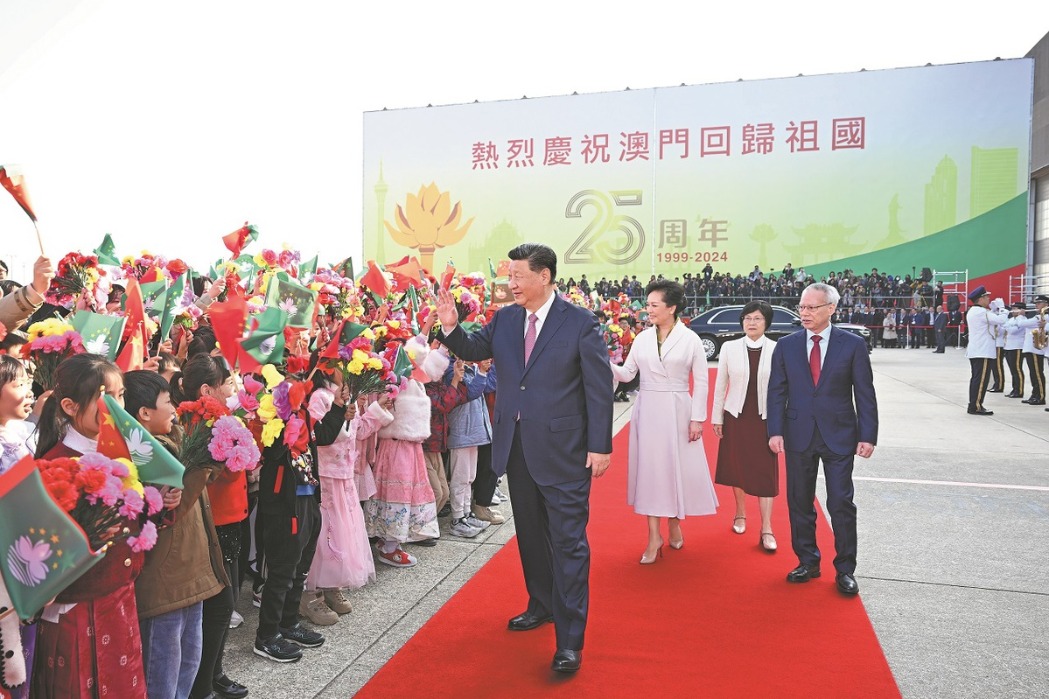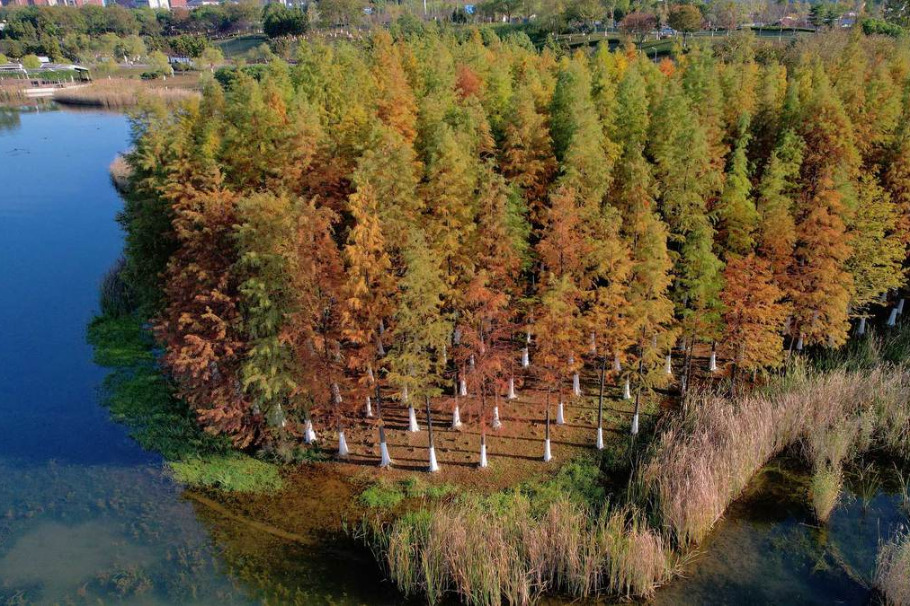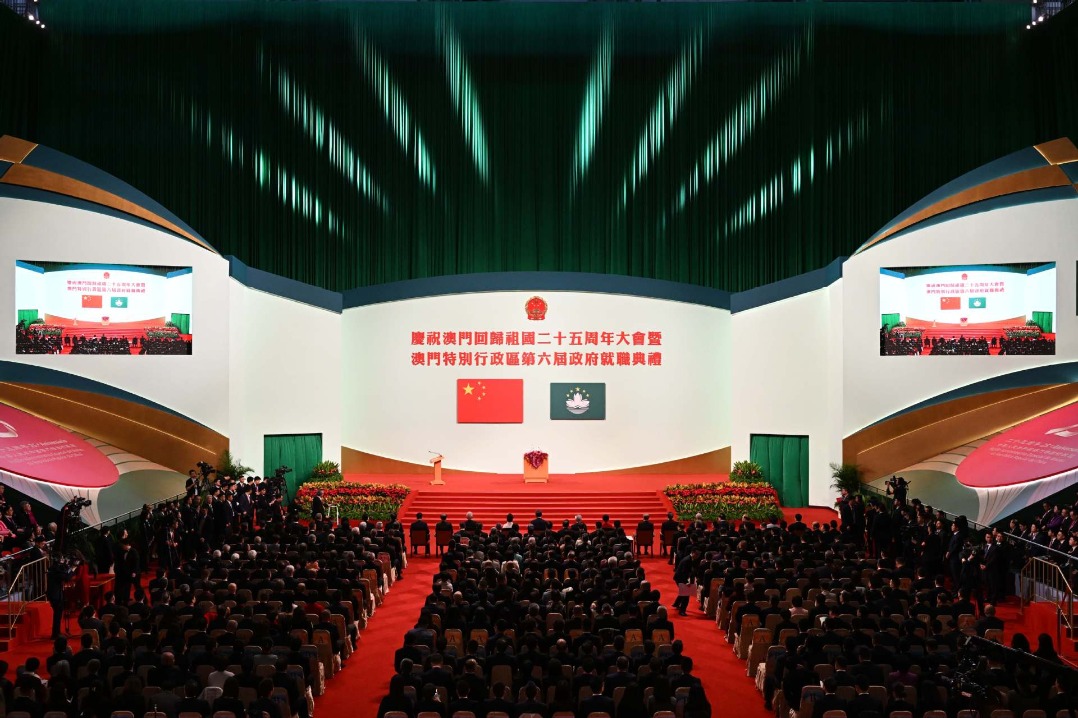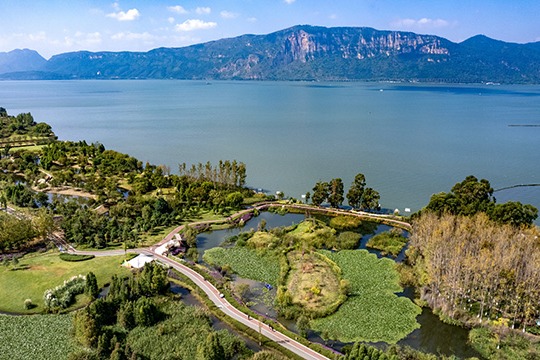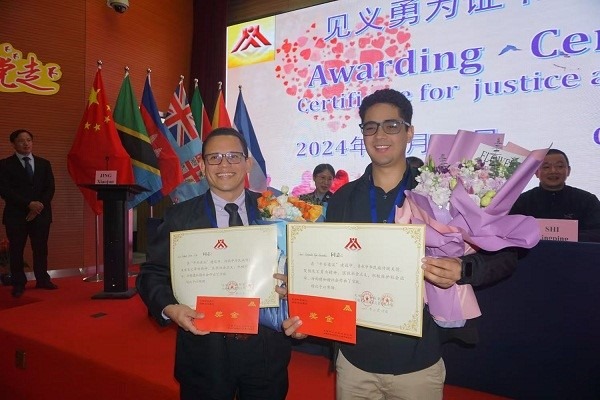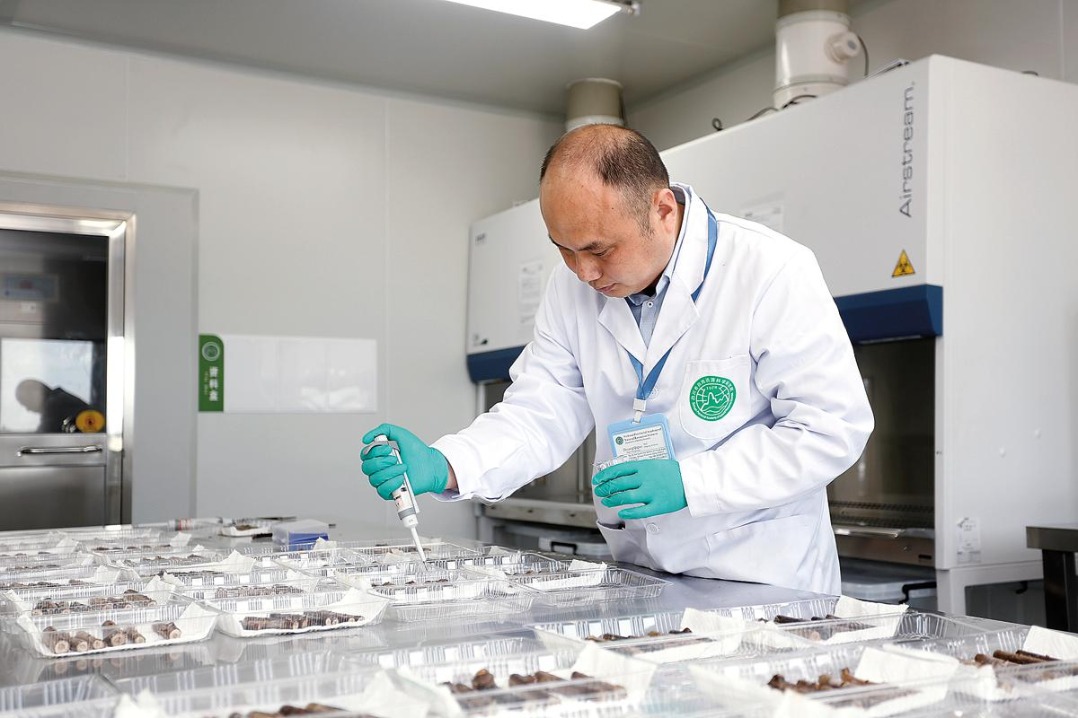Advisers diligent in shaping environmental policy
Proposals aim to have tangible impact on people's daily lives, international cooperation


Since 2014, Wei has worked to provide scientific and educational assistance for the Belt and Road Initiative. "Over the years, this work has made me realize that developing countries are eager to improve their ecological environment," he said.
"Through learning, research and investigation into China's experiences in ensuring the safety of drinking water, developing nations have recognized that our country's practices and experiences are worth learning from," he said.
In recent years, Beijing has engaged in international scientific and technological cooperation with the US, the European Union and other countries on sponge city construction, Wei said.
Sponge cities have planning and infrastructure aimed at preventing flooding, and increasing water storage.
"This collaboration has not only enhanced the capability and level of sponge city construction but has also made other countries increasingly recognize the value of Beijing's experience in the field," he said.
Meanwhile, developing countries involved in the Belt and Road Initiative are undergoing rapid urbanization, particularly in tropical regions, where urban stormwater control and risk management are facing increasingly severe challenges and require assistance, he added.
Wei suggested that Beijing fully utilize its position and advantages as a hub for international exchange and science and technology innovation to promote its experience in sponge city construction in developing countries involved in the BRI.
- China mulls draft law to promote private sector development
- 39 held accountable for coal mine gas explosion in Henan province
- Former general manager of China Datang Corp under probe
- China mulls amendment to Anti-Unfair Competition Law
- President Xi encourages young people at the inaugural ceremony of the new Macao SAR government
- Chang'e 6 samples shed light on lunar magnetism
















